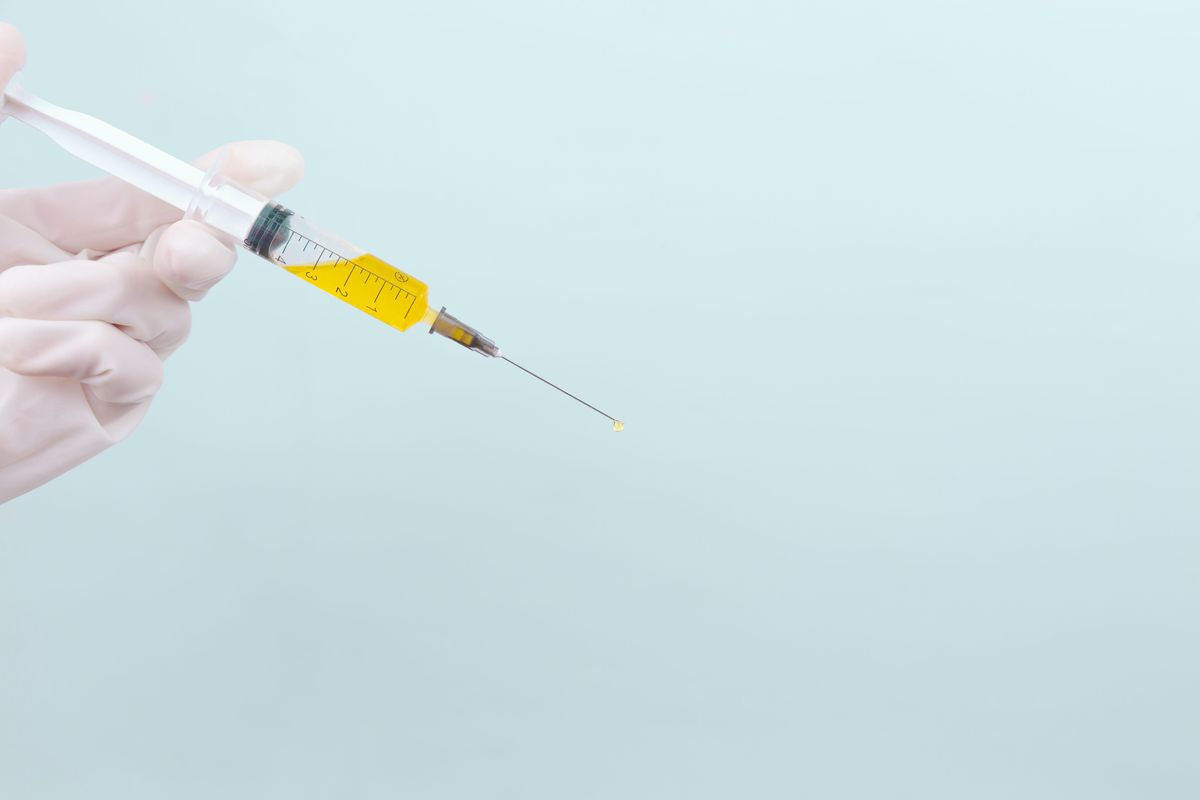The pandemic’s hidden crisis: Has Covid caused an increase in ‘hard drug’ use?
To be stuck inside with no distractions or support can be a lonely or even harmful environment for anyone, and for addicts the situation is much worse.
A student journalist with a zeal for writing and a passion for all things pop culture. Listen to my podcast Pop Cult Digest.
Heating turned up, TV on, doors locked; we stay inside as life goes on. It's become routine.
"We're all in this together," we cheer, but all we can do is clap for the NHS as we watch them become increasingly overwhelmed like never before.
As we make our dinner, we listen to the news update us on the increasing cases and death statistics—a morbid communal event we attend daily. However, under all the community spirit and constant Covid-19 news lies a secret most are too ashamed to mention: the significant rise of hard drug use.
We're slowly creeping up to the UK's first national lockdown anniversary on March 16, 2020. We entered what we thought would be a two-week affair, only to now be living in our third lockdown so far. During these long 365 days, the nation has experienced loneliness, unemployment and boredom.
The most recent figures show unemployment rate has risen to 5 per cent, along with drug crime which rose by an astonishing 44 per cent during the first lockdown.
While a survey carried out by the ONS suggested overall crime fell by 23 per cent during the first lockdown, the positive news was overshadowed by the harsh reality of surging national drug dependence.
Billy Gazard, from the ONS Centre for Crime and Justice, said: "(The) exception was police recordings of drug offences, which increased through April and May." He added the increase was due to "proactive police activity as overall crime levels reduced." Although this is a valid explanation, there seems to be more to it than just these figures.
When you think about drug addicts, your mind takes you straight to the underpass: dangerous drugs, gang fights and violent crimes. However, the situation is much closer to home. Covid-19 has brought the underpass into the house down your street. To be stuck inside with no distractions or support can be a lonely or even harmful environment for anyone.
And for addicts, the situation is much worse. With no company other than your own thoughts, the dependence on drugs seems to grow with each lockdown.
READ: My chaotic life as a student nurse during Covid

Unpaid internships, long work hours and a high-stress environment during the best of times, but now add COVID-19 to that list and it becomes even harder to imagine what nurses go through.
Take it from Leah Gallagher Hodgson, a former Team Manager of Gloucestershire's drug and alcohol service, who worked as a councillor for those overcoming drug issues for four years.
Leah explains how the spike in drug use is mostly down to "the increase of stressors," she said: "stress, grief and isolation can have a negative effect on mental health and may increase use," going on to say, "drug and alcohol use offers instant gratification and a way to escape their current reality.
"Without being able to meet in person because of lockdown, people may not be able to receive their usual support, which increases isolation, which in turn increases drug use."
There couldn't be a more desperate time to escape from the current reality we're in, but drugs should never be the answer. Leah describes the best options for recovery, saying, "As always, the key is decent mental health access to counselling and treatment options," but lockdown diminished this.
Leah explains the vicious cycle this has caused, "Without being able to meet in person because of lockdown, people may not be able to receive their usual support, which increases isolation, which in turn increases drug use."
It might be easy for non-addicts to sit and judge those who depend on drugs, but times haven't been harder for some in generations. With new government funding into drug treatments being announced, we can hope for increased support for those struggling the most. However, if you wish to make a difference, perhaps reach out to those who need it.
Or as Leah puts it: "One of my favourite sayings is 'desperate people do desperate things'. Sometimes just a sliver of kindness or help can be the change."
Have you got something to say about this subject? Submit a post here and start the conversation.


